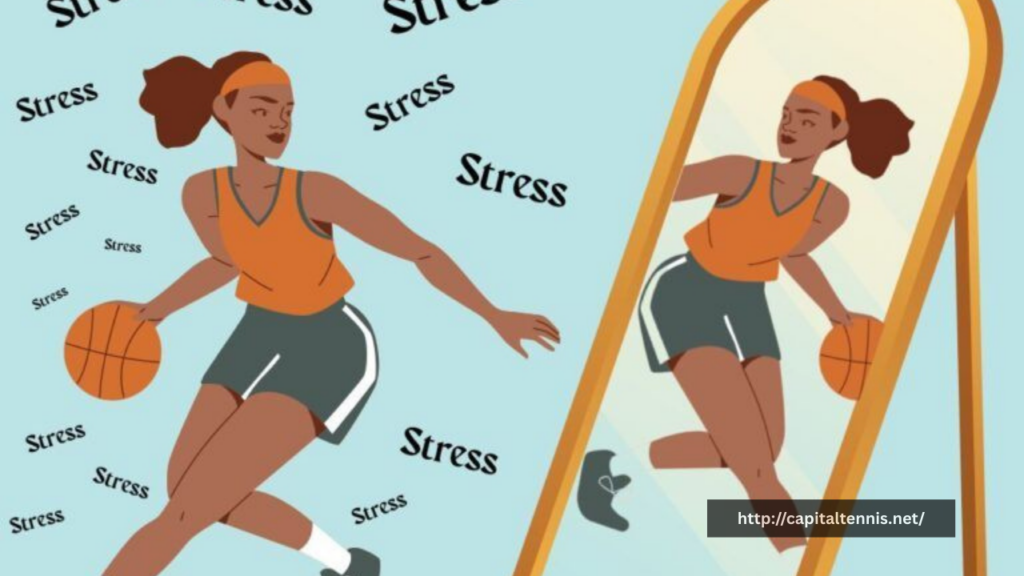
In recent years, the importance of mental health in professional sports has taken center stage, as more athletes are speaking out about their struggles with anxiety, depression, and burnout. Once seen as invincible figures of strength and resilience, athletes are now revealing the immense psychological toll their careers can take. This shift has created a growing need for mental health support in professional sports, sparking conversations that are long overdue.
The Unique Mental Demands of Professional Sports
Athletes face intense pressure to perform at elite levels, often under the glare of public scrutiny. In individual sports like tennis, this pressure is amplified by the solitude of competition and the relentless pursuit of rankings and titles. However, even in team sports, the demands of constant travel, strict training regimens, and the fear of injury or failure can cause significant emotional distress.
Moreover, the transition periods—such as coming back from injury, dealing with a slump in performance, or retiring—can leave athletes feeling lost and vulnerable. The identity of many professional athletes is deeply tied to their sport, and any threat to that identity can lead to anxiety, depression, or a sense of purposelessness.
Athletes Speaking Out
In recent years, several high-profile athletes have courageously opened up about their mental health struggles, helping to break the stigma surrounding these issues. Tennis star Naomi Osaka, swimmer Michael Phelps, and basketball player Kevin Love are among those who have publicly discussed their experiences with depression and anxiety. Their honesty has encouraged others in the sporting world to seek help and speak more openly about mental health.
These disclosures highlight a critical truth: mental health challenges are not a sign of weakness but a reality that needs attention and care. They also underscore the importance of integrating mental health resources into athletic programs.
The Role of Mental Health Professionals
As awareness grows, so does the demand for mental health professionals within sports organizations. Sports psychologists, therapists, and counselors are becoming increasingly essential members of an athlete’s support team. These professionals provide tools for managing stress, building resilience, and developing healthy coping strategies.
Mental health support should not only be reactive—available when a crisis occurs—but proactive. Regular mental wellness check-ins, access to confidential counseling, and education about psychological health should be standard in all professional sports settings. Just as athletes train their bodies, they should be encouraged and supported in training their minds.
A Call to Action
The conversation about mental health in sports is gaining momentum, but there is still work to be done. Sports organizations must invest in comprehensive mental health programs and normalize seeking psychological support. Coaches and managers should be trained to recognize signs of mental distress and foster environments where athletes feel safe to ask for help.
As we continue to celebrate athletic excellence, we must also champion mental wellness. By prioritizing mental health alongside physical performance, we can help ensure that athletes thrive not just in their careers, but in their lives beyond the game. The path from court to counselor is not a detour—it’s an essential part of the journey.
